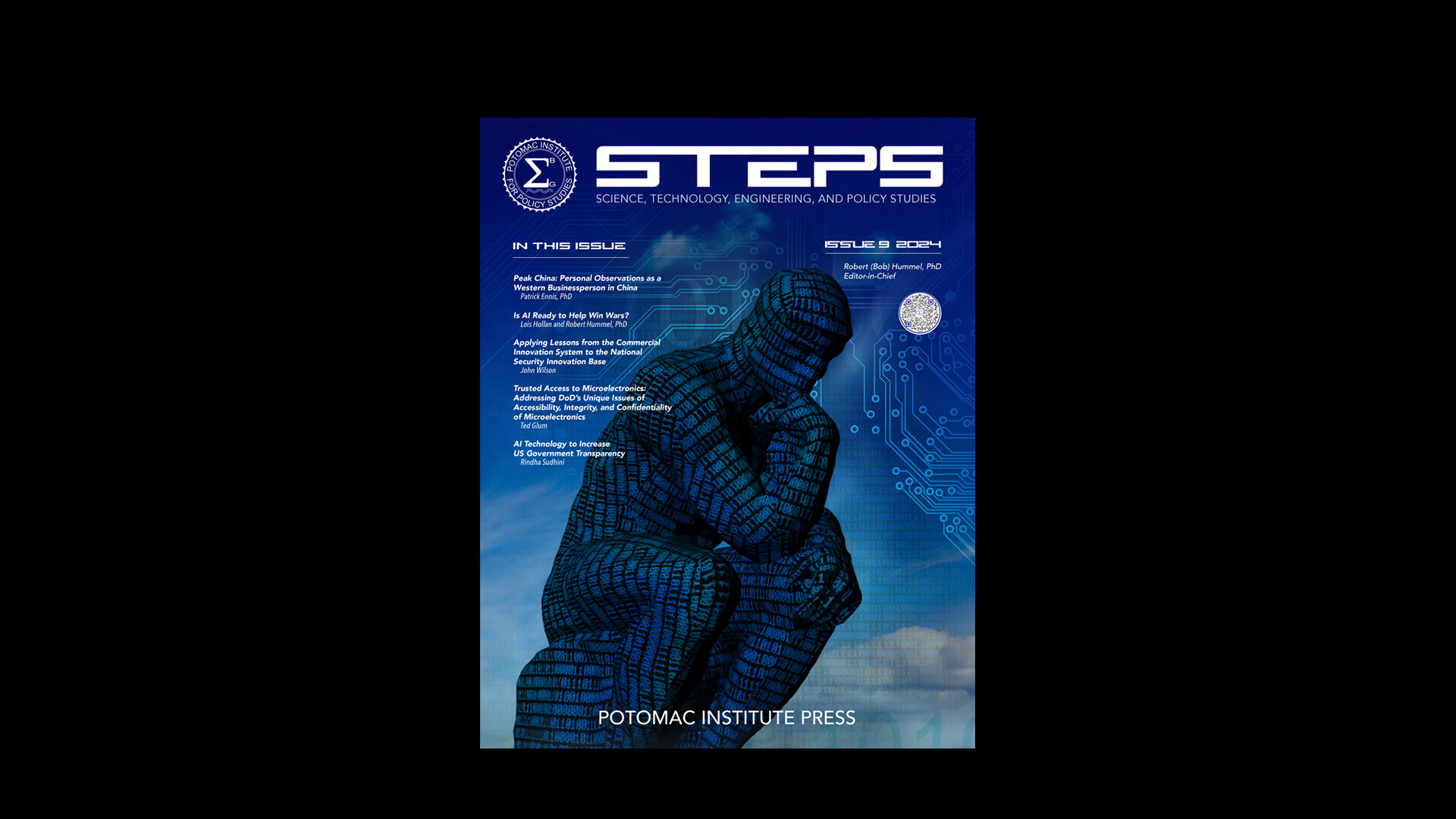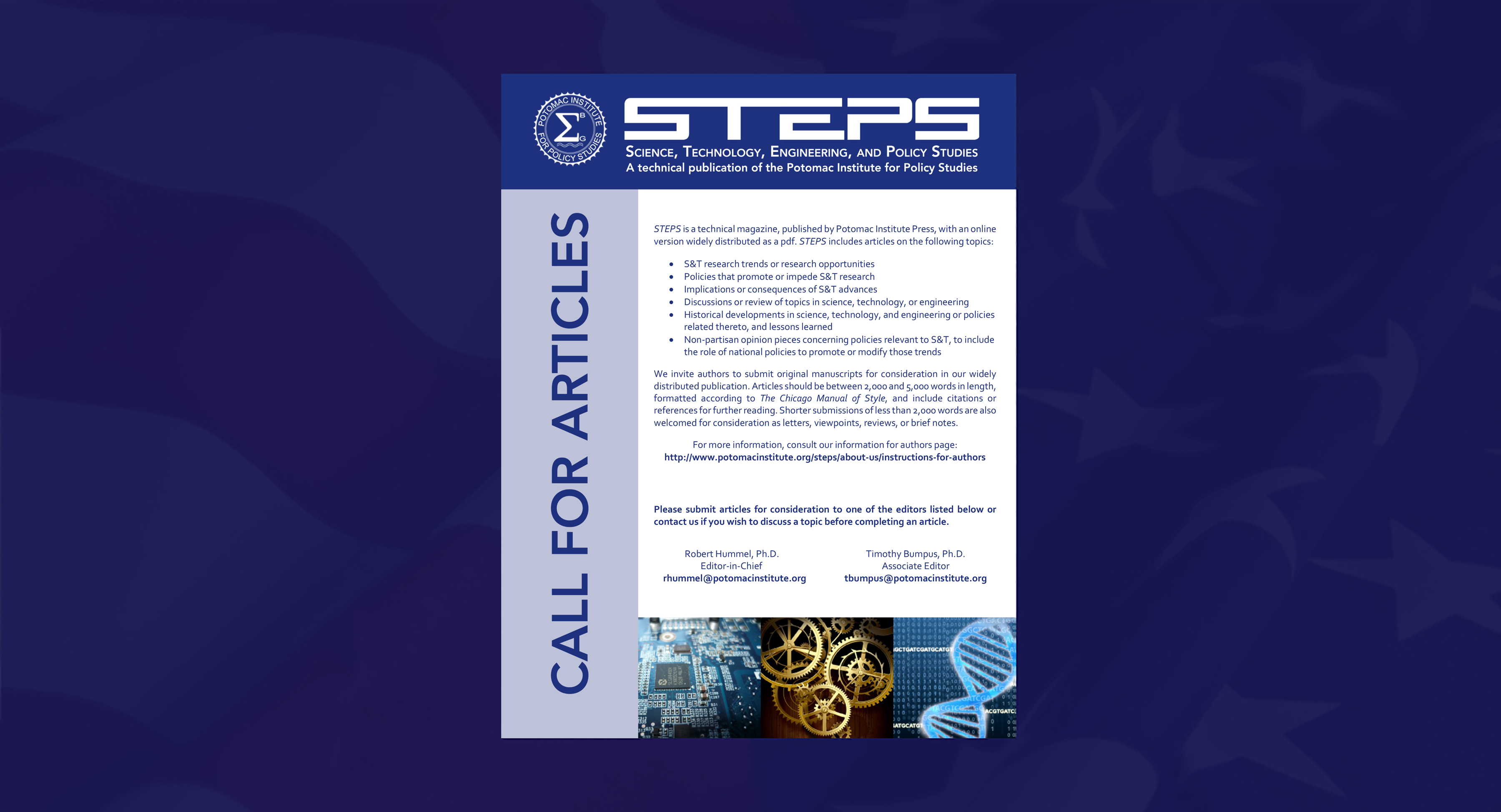SUMMARY: The WHO's emergency committee decided on Tuesday that it was premature to declare that the H1N1 pandemic was past its worst. The WHO's top influenza expert said rising levels of infection in West Africa and the risk posed by the winter months in the Southern Hemisphere were the dominating concerns of the committee and urged people and governments not to let their guard down.
STORY LINK: http://uk.news.yahoo.com/22/20100224/tts-uk-flu-who-ca02f96.html
ANALYSIS:
Although the current H1N1 pandemic appears to be subsiding, it would be premature to draw conclusions as to the future course of this outbreak. The most recent CDC status update reflects visits to physicians and deaths from influenza-like illness (ILI) have increased slightly over prior weeks, but the overall rates remain lower than could be expected for this time of year. At the same time, warmer weather in the Northern Hemisphere marks the beginning of colder days – and the flu season – in the Southern Hemisphere. It is also illustrative to observe that the 1918-1919 pandemic lasted a total of 18 months. The current H1N1 outbreak is recorded as beginning in April 2009, only 10 months ago.
In essence, this replicates the situation from then, only with better options. It is still impossible to predict how the virus will behave: undergo resurgence or die out. Unlike last year, there is an effective and widely available vaccine. It is also likely that H1N1 will continue to be prevalent in the 2010-2011 flu season. There is little reason not to remain aware of this lingering threat or to plan accordingly, including getting immunized.
Donald A. Donahue, Jr., DHEd, Executive Director of the Center for Health Policy and Preparedness

















